From London with love A harsh response to organised migration
The Labour government is allocating additional funding to combat organised crime groups involved in human trafficking. Is the problem truly becoming a serious threat?
Protests Against the Protesters
In 2025 alone, more than 25,000 people have entered England illegally, primarily by crossing the English Channel in small boats operated by smugglers. The number of illegal migrants continues to grow year by year. In the first six months of this year, as many arrived illegally in Britain as during almost all of 2022.

And this is despite increased maritime border patrols and the use of drones for monitoring. Fleeing war, violence, and poverty in their home countries, desperate people make the perilous crossing, clinging to overcrowded boats, often inflatable.
The government of Keir Starmer has announced £100 million in funding to fight the criminal networks facilitating these crossings. Part of this money will be used to hire an additional 300 law enforcement officers.
As of July 23, the UK authorities have already introduced what Euronews describes as " the world’s first sanctions regime against the organisers of illegal migration." This includes asset freezes and entry bans into the UK. Next in line are sanctions against boat suppliers, counterfeit document producers, and middlemen who help finance these journeys.
Aiding illegal immigration into the UK is already a criminal offence.
On August 2, the government announced plans to criminalise the advertising of services that organise illegal refugee transport to Britain. For the past seven years, both right-wing and left-wing governments have tried to stop illegal migration across the Channel—a problem that has grown since 2018. What’s notable is that these latest measures are being introduced by a Labour government, despite the party having a strong left-wing faction that defends migrant rights.
A wave of anti-immigrant unrest swept through Britain last summer following a murder in Southport committed by a migrant. It was initially claimed that he had arrived by boat, but this information later proved to be false.
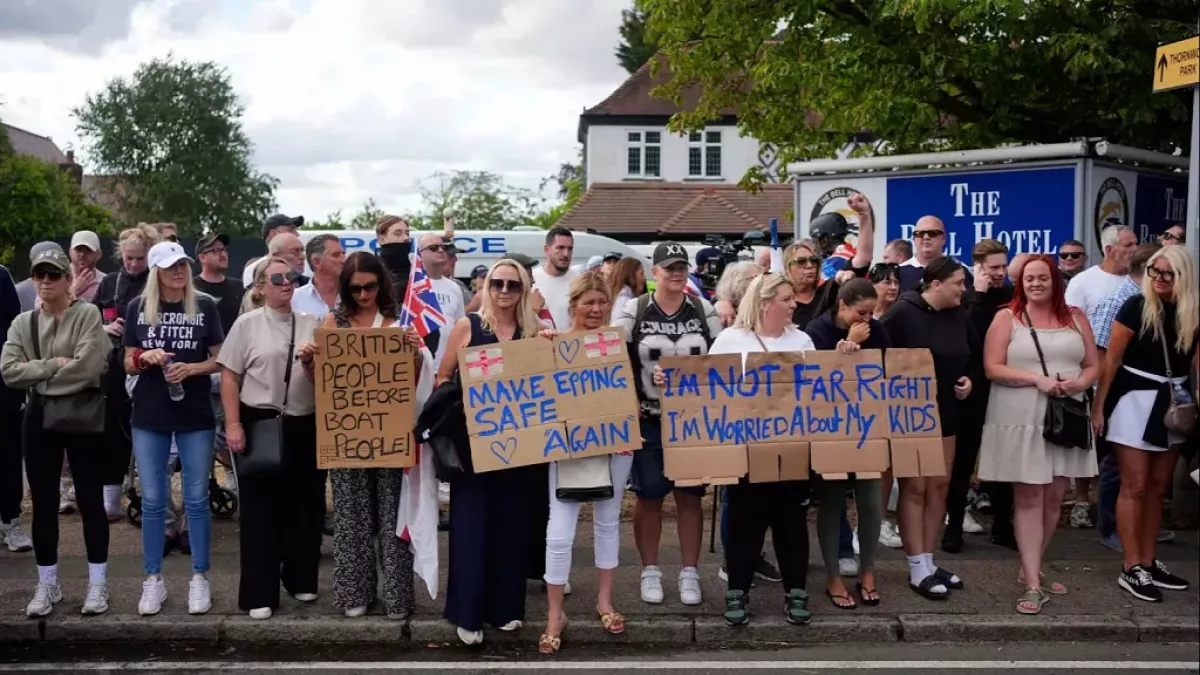
Protests against migrants surge again in the UK this summer. A new wave of far-right demonstrations, accompanied by riots and police intervention, erupted in Epping, Essex. Anti-immigration protests also spread to Hull, Dover, and Aldershot. The latest unrest was largely triggered by a case of sexual assault allegedly committed by an asylum seeker from Ethiopia against a British woman.
On Saturday, August 2, around a hundred anti-migrant protesters gathered outside the Thistle City Barbican Hotel in Islington, North London. Among them were members of groups like “Patriots of Britain” and “Together for Children.” In response, left-wing activists and members of the “Stand Up to Racism” movement held a counter-demonstration, which outnumbered the nationalist rally. Former Labour Party leader Jeremy Corbyn also joined the anti-racist protest. A separate “black bloc” of masked Antifa members broke off and moved toward the anti-migrant group. Brief clashes ensued, resulting in nine arrests.
That same day in Manchester, the far-right group “Britain First” staged an anti-migrant rally, which was met by a counter-protest organised by anti-racists. Police intervened after a short scuffle.
On Sunday, August 3, another protest flared up in London outside the Britannia International Hotel, following reports that a new group of refugees had arrived there by bus overnight. About 100 people, mostly women in pink T-shirts, gathered in front of the hotel.
Later in the evening, a group of masked radical protesters appeared at the same hotel, shouting “Send them home!” According to police reports, they verbally abused hotel staff and guests before launching flares and attempting to storm the building through a police cordon.
Tensions are especially high in smaller towns, where the arrival of foreigners is immediately noticeable. Anti-immigration activists insist they are not driven by hatred, but describe themselves as “British patriots” opposing the imposition of Islamic cultural norms and defending “Western values.” Among their grievances are the creation of halal-only zones in migrant-populated neighbourhoods and the closure of pubs, which they view not just as establishments, but as cultural symbols of British identity.
A voice from across the Channel
The UK’s latest crackdown on illegal migration is closely linked to a recent agreement with France, concluded during French President Emmanuel Macron’s visit to Britain.
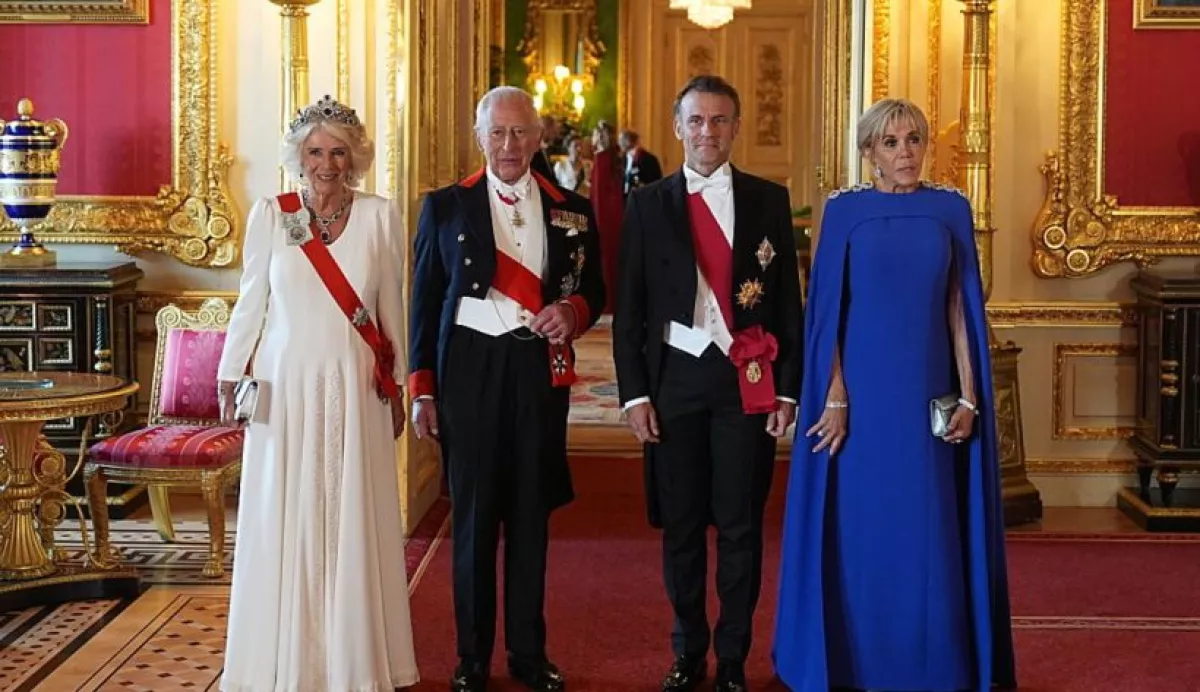
The recently signed agreement between the UK and France has been dubbed the “One In, One Out” deal, with British Prime Minister Keir Starmer calling it “an innovative solution.” The arrangement envisions the return to France of some asylum seekers who arrive in the UK via small boats across the English Channel.
In exchange, Britain will take in refugees from France—specifically those who can prove they have close family ties in the UK.
Prime Minister Starmer stated: “For the very first time, migrants arriving via small boat will be detained and returned to France in short order.”
However, the precise details of how this scheme will function remain unclear. For example, what criteria will be used to deny asylum to those selected for return to France? So far, the project is expected to allow for the return of no more than 50 people per week. According to critics in the more hardline right-wing opposition, this is merely a drop in the ocean—or more precisely, in the Channel...
President Emmanuel Macron, for his part, emphasised that since the UK left the EU, previous refugee agreements no longer apply. He argued that one reason irregular migrants are so determined to reach the UK is the lack of formal refugee agreements between London and Brussels. In these words, one might detect a subtle nudge towards re-engagement between the UK and the EU.
At the same time, France—one of the largest EU member states—is itself deeply affected by the issue of illegal migration. It is clear that the abolition of internal borders within the EU has done little to stem the tide of uncontrolled movement across the continent.
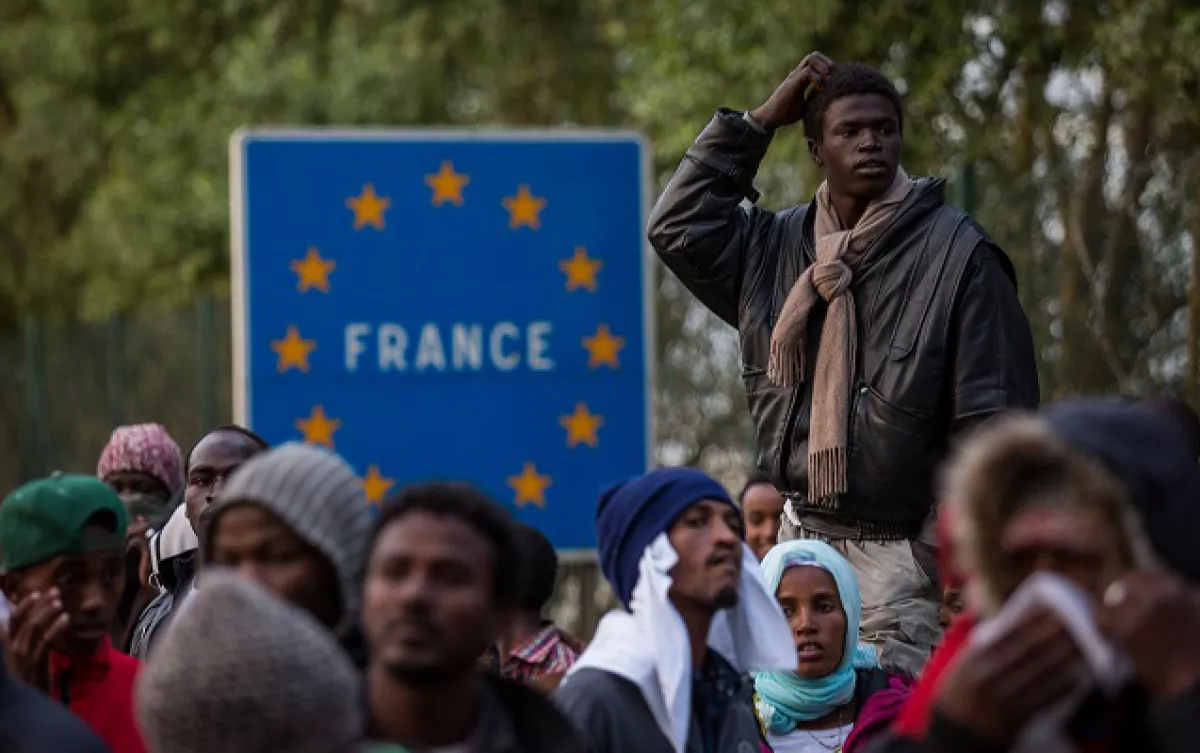
Notably, since the mid-2000s, the number of undocumented migrants in France has increased by 40%. In response, Paris recently passed a major piece of legislation tightening national immigration laws. The new law streamlines the deportation process for individuals residing illegally in the country and introduces a range of additional restrictive measures.
At the same time, it’s important to note that existing UK law also provides for the deportation of illegal migrants. In fact, a law passed in 2023 further tightened the rules for asylum seekers and undocumented individuals. Yet experts argue that the real issue lies not in the laws themselves, but in the lack of proper enforcement by the relevant authorities.
Crackdown — against illegals or populism?
The intensification of efforts to combat illegal migration was among the Labour Party’s key election pledges. However, public support for the party began to decline shortly after it came to power: from 30% in June 2024 to just 12% by June 2025.
The current tough stance on migration may be an attempt to regain electoral support—particularly by appealing to voters on the political right. Yet Labour faces serious opposition across the spectrum. One of the most significant threats to the ruling centre-left government is former Labour leader Jeremy Corbyn, who is in the process of founding a new left-wing party and has been vocally defending migrant rights.
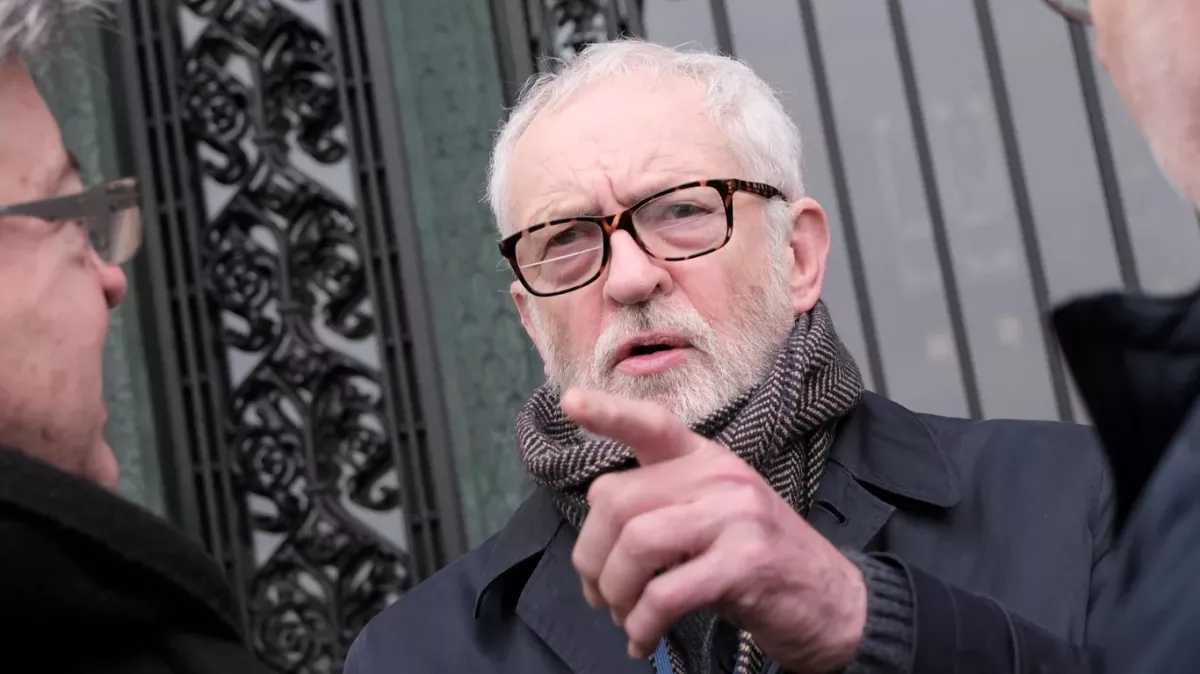
Corbyn’s potential party already enjoys support from 10–15% of voters at the outset. Meanwhile, the Conservative Party has called the Labour government’s initiative a “desperate grab for headlines which will make no real difference.” And it seems that the government’s current measures are unlikely to satisfy either the left or the right.
That said, it would be wrong to claim that Labour has failed to fulfil its promises regarding the fight against uncontrolled migration. On the contrary, experts say it is the Labour government that has moved from widely publicised schemes to more targeted enforcement of regulations. The current focus is on “voluntary” deportation — with increasing pressure to comply — as well as the expansion of detention centres and the creation of new “return centres” in the Western Balkans and other countries.
Labour claims that in its first year in office, it deported 35,000 people who had no legal right to remain in the UK. The number of asylum rejections has increased by 25%. New return agreements have been signed with Albania, Nigeria, and Iraq. Artificial intelligence has been introduced as a tool for identity verification.
Polls show that 62% of Britons believe illegal immigration is “out of control.” However, more extreme measures such as deportation to Rwanda are supported by a minority — 48% of respondents.
The tougher stance on migration taken by the opposition Conservative Party and the right-wing populist Reform UK is pushing Labour to adopt a less liberal approach to the refugee issue. Notably, in Nigel Farage’s party, the opposition to illegal migrants is coming from… legal migrants themselves.
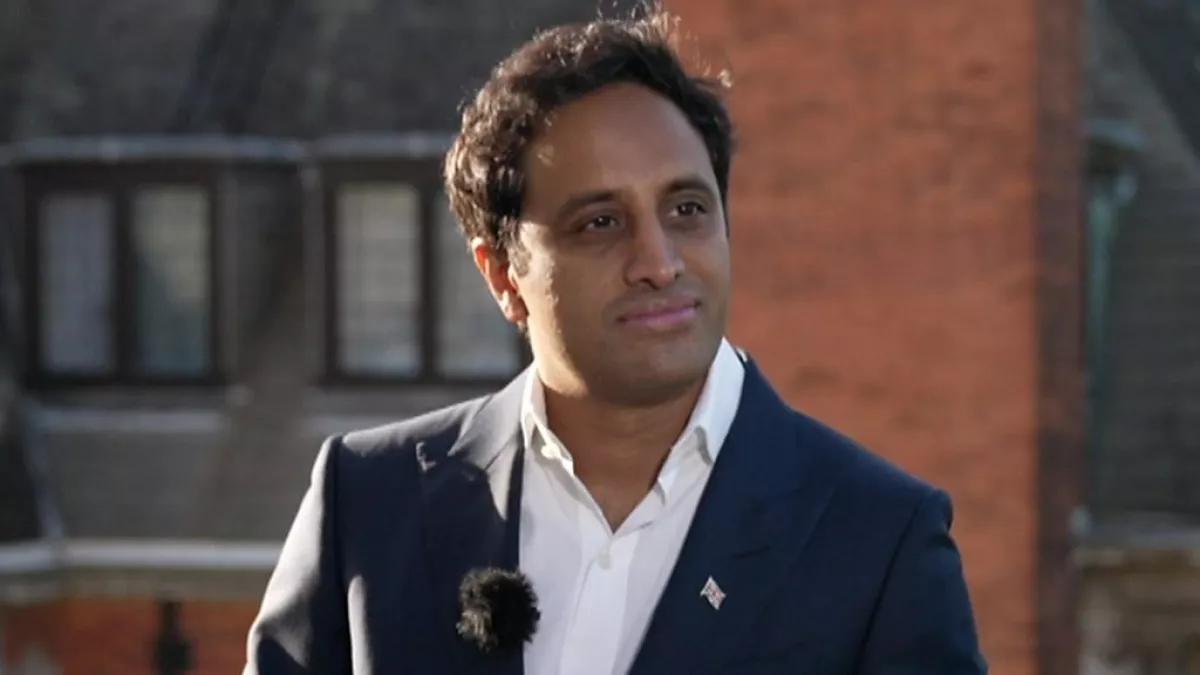
For example, Zia Yusuf, a prominent Muslim businessman from a migrant family originally from Sri Lanka, was until recently the leader of the party. But things are complicated within the right-wing populist Reform UK party. In June, Yusuf stepped down as head of Reform UK after a Reform UK female MP supported banning Muslim women from wearing the burqa.
Earlier, Zia Yusuf had a conflict with one of the most right-wing Reform UK MPs, Rupert Lowe. After Yusuf reported threats of physical violence from the controversial MP and abuse of women in the office to the police, Rupert Lowe was expelled from the party.
By the way, the Conservatives, who propose returning to Boris Johnson’s plan to deport illegal migrants to Rwanda, are led by Kemi Badenoch, a Black woman born to parents from Nigeria.
In the last election, Reform UK won the third-largest share of the vote but secured only five seats in Parliament. Several prominent politicians from the Tory camp have joined it.
In December 2024, Reform UK claimed to have surpassed the Conservatives in membership numbers, becoming the second-largest party after Labour. Zia Yusuf openly talks about his ambitions to win the next election and become Prime Minister.
On the one hand, to win back voters who supported Reform UK, Labour intends to restore the family programme “Sure Start” (1,400 family centres were closed by previous liberal governments), and to pay more attention to national health and other social issues. On the other hand, amid growing right-wing populist sentiments, the Labour Party has decided to get ahead of the curve by further tightening measures to restrict uncontrolled migration.








